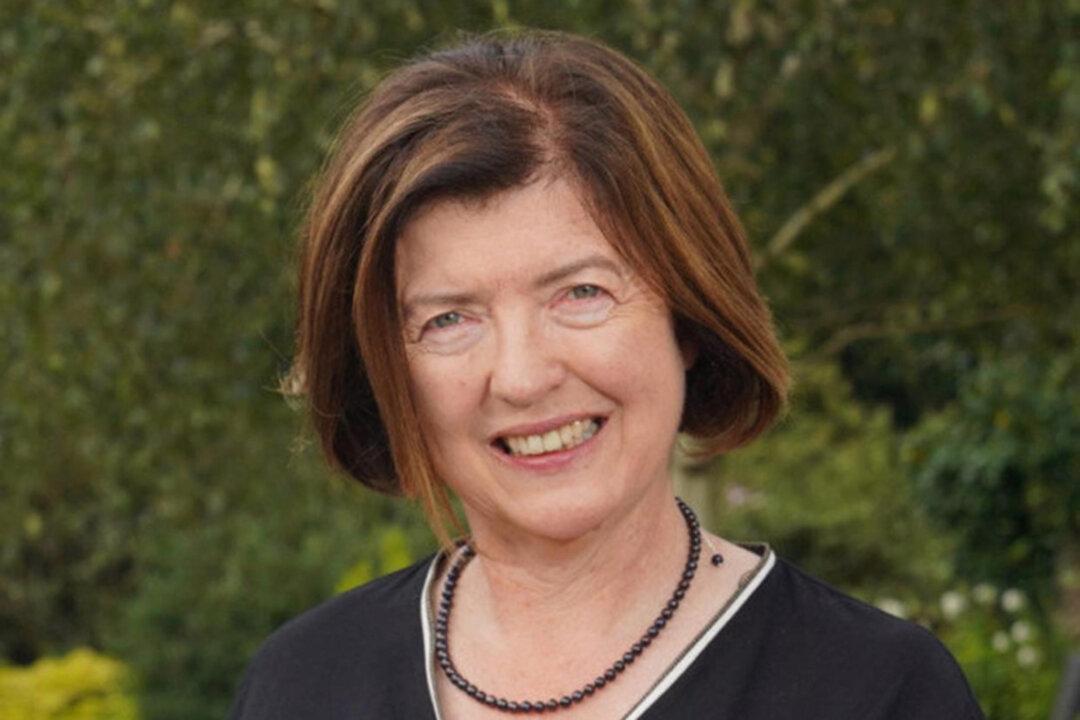Partygate investigator Sue Gray “declined to make representations” to an investigation into whether she broke the Civil Service Code by accepting a job as chief of staff of the Labour Party, it has emerged.
Gray—who led an investigation into allegations of parties being held in Downing Street in breach of the COVID-19 lockdown rules—accepted a job offer from Labour leader Sir Keir Starmer in March.





